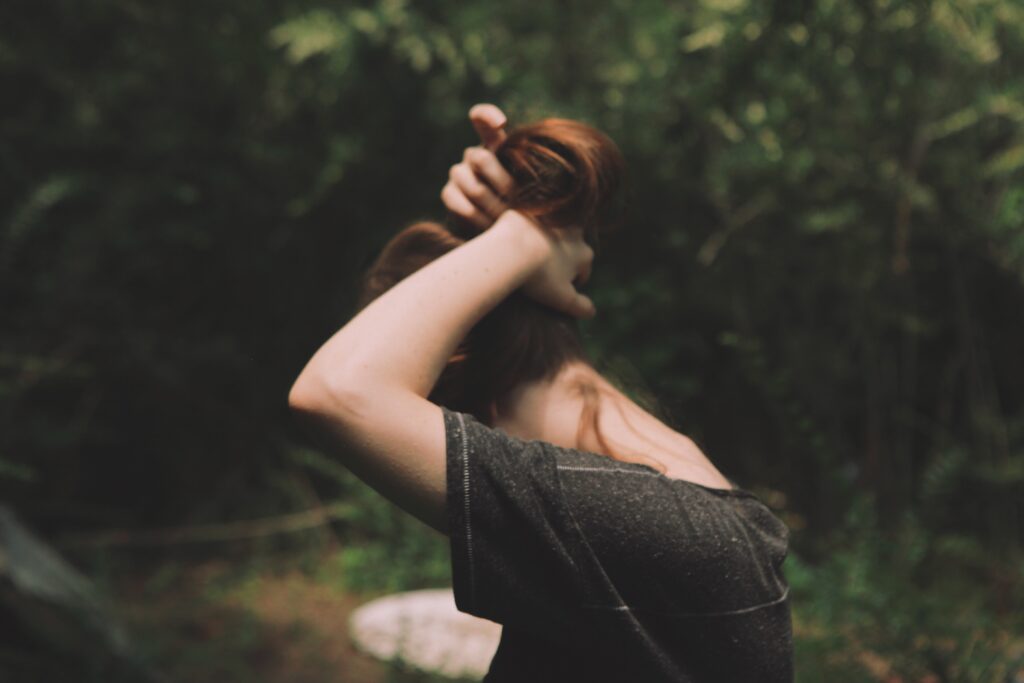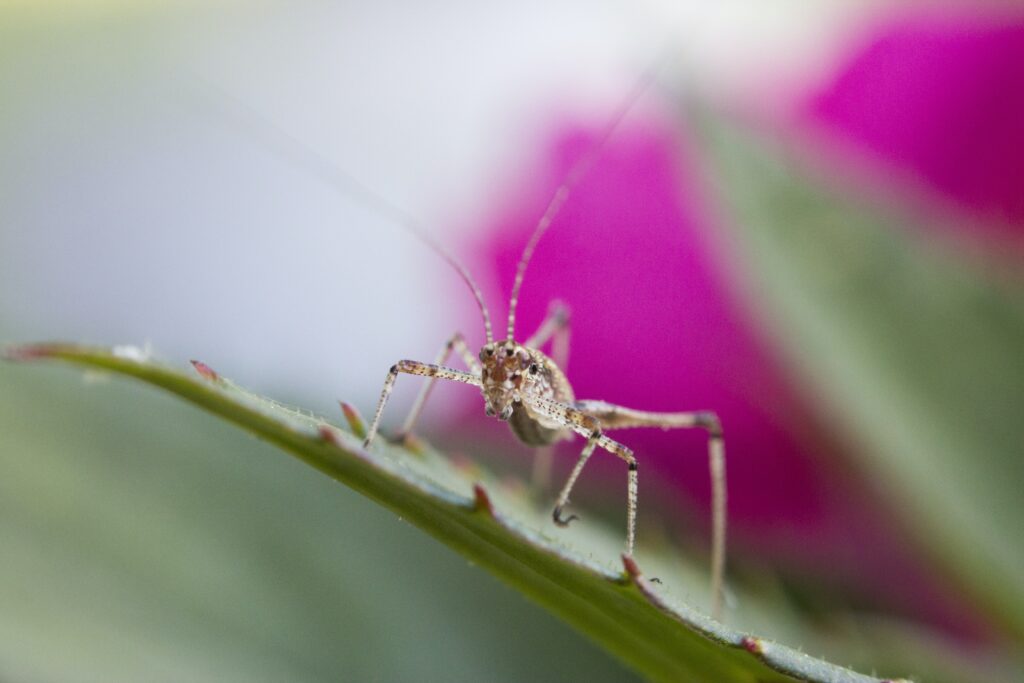Bugs are a common nuisance in many parts of the world. While they may seem harmless, many bugs are known to bite humans and bug bites can cause a variety of health problems. In this article, we’ll explore the most common bugs that bite and provide some tips on how to prevent them from ruining your outdoor activities.
Understanding Common Bug Bites
If you spend time outdoors, you may encounter a variety of bugs that can leave you with uncomfortable bites. Here’s what you need to know about some of the most common bug bites:
Mosquito Bites: Symptoms and Prevention Tips
Mosquitoes are perhaps the most well-known insect that bites humans. These small, flying insects are most active during the warmer months and can be found in many parts of the world. Mosquito bites are usually not harmful, but they can be itchy and uncomfortable. In rare cases, mosquitoes can transmit serious diseases like malaria, dengue fever, and Zika virus.
The symptoms of mosquito bites include redness, swelling, and itching around the bite area. To prevent mosquito bites, wear long sleeves and pants, use insect repellent with DEET, and remove standing water from around your home.
Tick Bites: How to Spot and Remove Ticks Safely
Ticks are another common insect that bites humans. These small, spider-like creatures live in wooded areas and tall grasses and can attach themselves to humans and animals. Tick bites can cause Lyme disease, which can be a serious health problem if left untreated. To prevent tick bites, wear long sleeves and pants, use insect repellent, and check your skin and clothing for ticks after spending time outdoors.
Ticks are small insects that can carry serious diseases like Lyme disease and Rocky Mountain spotted fever. If you spend time outdoors in wooded or grassy areas, it’s important to know how to spot and remove ticks safely. Symptoms of tick bites can include a rash, fever, and body aches. To remove a tick, use tweezers to grasp the tick near its head and pull straight out.
Flea Bites: Signs, Symptoms, and Treatment Options
Fleas are small, jumping insects that can be found on pets and in the environment. Flea bites can cause itchy, red bumps and can be especially problematic for people with allergies. To prevent flea bites, keep your pets treated for fleas, vacuum your home regularly, and wash your pet’s bedding and toys frequently.
Flea bites can be itchy and uncomfortable, and can sometimes lead to an allergic reaction. Symptoms of flea bites can include red bumps, itching, and rash. To treat flea bites, use an over-the-counter anti-itch cream, take an antihistamine, and keep the affected area clean and dry. To prevent flea bites, keep your pets treated with flea medication and vacuum your home regularly.

Bed Bug Bites: How to Identify and Get Rid of Bed Bugs
Bed bugs are small, reddish-brown insects that feed on human blood. They are most commonly found in hotels, dormitories, and other areas where people sleep. Bed bug bites can be itchy and uncomfortable, and can also lead to secondary skin infections. Inspect your hotel room for signs of bed bugs, keep your luggage off the floor, and wash your clothing in hot water after returning home.
Symptoms of bed bug bites can include red, itchy bumps in a line or cluster. To get rid of bed bugs, you may need to hire a pest control professional. To prevent bed bug infestations, inspect hotel rooms before staying, wash your bedding regularly in hot water, and vacuum your home frequently.
Bee and Wasp Stings: What to Do if You Get Stung
Bees and wasps are flying insects that can sting humans. Bee and wasp stings can be painful and can cause allergic reactions in some people. To prevent bee and wasp stings, avoid wearing brightly colored clothing and sweet-smelling perfumes, keep food and drinks covered when outdoors, and avoid swatting at the insects.
Symptoms of bee and wasp stings can include redness, swelling, and itching around the sting area. To treat bee and wasp stings, remove the stinger if it’s still in the skin, apply ice to reduce swelling, and take an over-the-counter pain reliever. If you experience a severe reaction, seek medical attention immediately.
Tips for Preventing Bug Bites
Bug bites can be uncomfortable and even dangerous, especially if they transmit diseases like West Nile virus or Lyme disease. Here are some tips for preventing bug bites:
Insect Repellent 101: How to Choose the Right Product for You
Insect repellent is a crucial tool for preventing bug bites, but with so many options on the market, it can be overwhelming to choose the right one for you. Here are some tips for choosing the right insect repellent:
- Look for repellents that contain at least 20% DEET or other active ingredients like picaridin, IR3535, or oil of lemon eucalyptus.
- Choose a repellent that’s safe for your age and health status. For example, some products may not be safe for young children or pregnant women.
- Consider the length of protection you need. Some products offer up to 12 hours of protection, while others need to be reapplied more frequently.
- Remember to follow the instructions on the label carefully, and reapply as needed to stay protected.
Clothing and Bug Bites: What to Wear to Keep Bugs Away
What you wear can also make a difference in preventing bug bites. Here are some tips for choosing clothing that can help keep bugs away:
- Wear long-sleeved shirts and pants, especially in areas where bugs are prevalent.
- Choose light-colored clothing, as bugs are often attracted to darker colors.
- Consider treated clothing or insect repellent clothing, which can provide additional protection.
- Remember to tuck pants into socks and wear closed-toe shoes to minimize exposed skin.

Avoiding Bug Bites: Tips for Outdoor Activities
If you’re planning to spend time outdoors, it’s important to take extra precautions to avoid bug bites. Here are some tips for staying bug-free during outdoor activities:
- Check for bugs and insect nests before setting up camp or picnicking in a new area.
- Use a mosquito net around your sleeping area to keep bugs at bay.
- Wear insect repellent and protective clothing, as mentioned in the previous sections.
- Avoid scented products like perfumes and lotions, which can attract bugs.
- Stay indoors during peak bug hours, which are usually dawn and dusk.
Remember to stay alert for signs of bug bites and take action if you notice any symptoms.
In conclusion, bugs that bite can be a nuisance and can cause health problems in some cases. By taking the necessary precautions, you can prevent these bugs from ruining your outdoor activities. Remember to use insect repellent, wear protective clothing, and inspect your surroundings for signs of bugs before spending time outdoors.